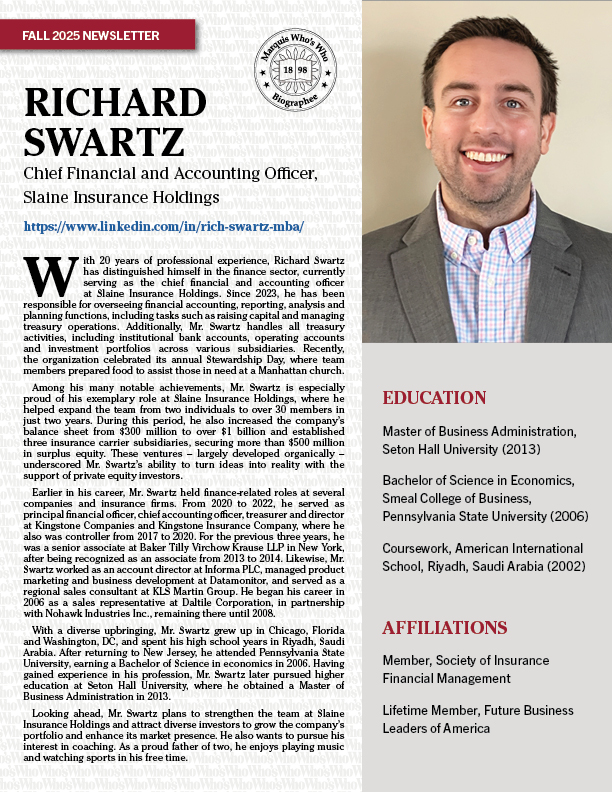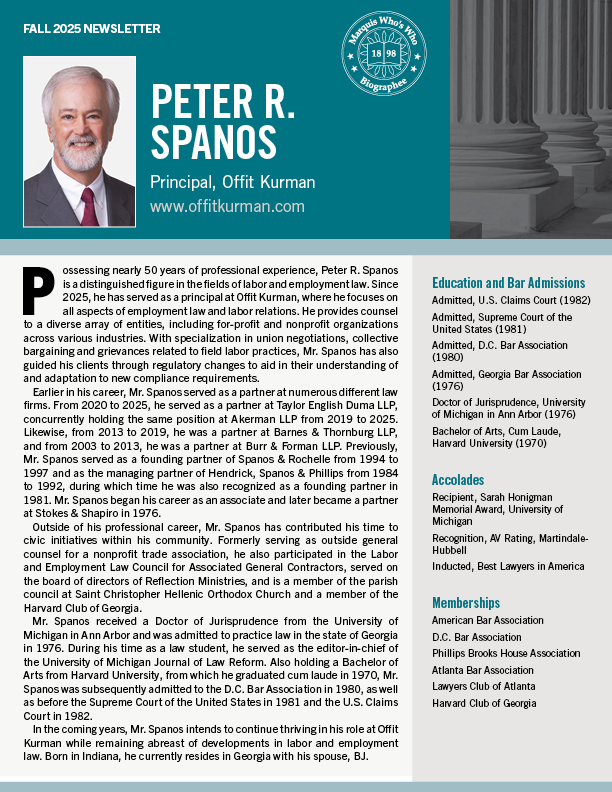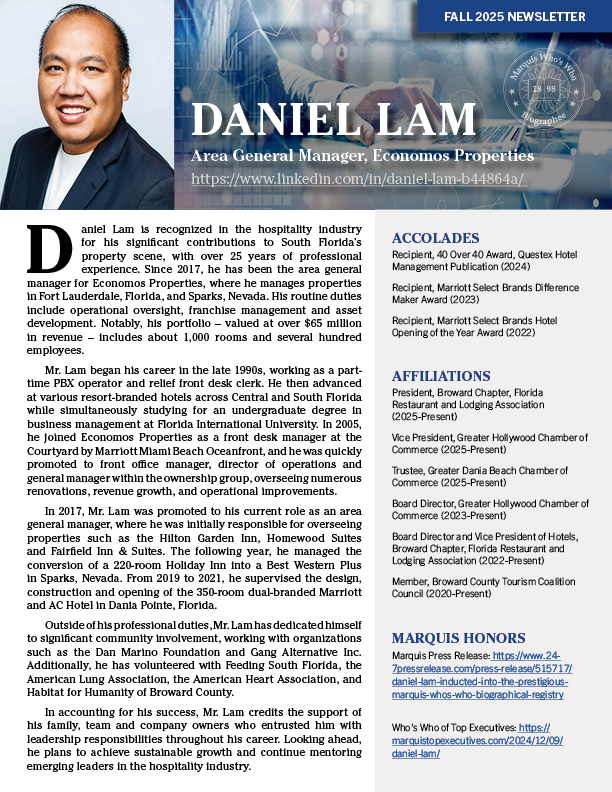 A secondary school educator of 41 years, Donald C. Stubbs has been retired since 2000 after serving Ponaganset Regional High School in Glocester, Rhode Island, as a chemistry teacher and science department chair beginning in 1969. With past teaching and administrative experience at the LaSalle Military Academy in Oakdale, New York, Bishop Bradley High School in Manchester, New Hampshire, and Bishop Loughlin Memorial High School in Brooklyn, New York, Mr. Stubbs has proven himself an inspiring figure within the realms of science and academia.
A secondary school educator of 41 years, Donald C. Stubbs has been retired since 2000 after serving Ponaganset Regional High School in Glocester, Rhode Island, as a chemistry teacher and science department chair beginning in 1969. With past teaching and administrative experience at the LaSalle Military Academy in Oakdale, New York, Bishop Bradley High School in Manchester, New Hampshire, and Bishop Loughlin Memorial High School in Brooklyn, New York, Mr. Stubbs has proven himself an inspiring figure within the realms of science and academia.
Drawing upon an educational background in chemistry and microbiology, Mr. Stubbs was initially inspired by his many high school teachers, who motivated him to follow the same route and become an educator himself. He notes that science was his “first love,” and pursued college courses in chemistry and microbiology during his undergraduate and graduate years at the Catholic University of America in Washington, DC. Throughout his longitudinal career, Mr. Stubbs has valued greatly the relationships he has fostered with his students and faculty members.
Alongside his primary academic endeavors, Mr. Stubbs has also maintained involvement with Project 2061, a long-term initiative of the American Association for the Advancement of Science (AAAS) to help Americans become more literate in STEM subjects, such as science, technology and mathematics. In order to achieve the project’s ultimate mission, work must be performed on-site in the classroom on a daily basis. Deeply passionate about Project 2061, Mr. Stubbs desires his legacy to be his assurance that all classrooms have a laboratory that the students can access at any time.
A member of the AAAS and the Association for Supervision and Curriculum Development, Mr. Stubbs is also affiliated with the Knights of Columbus and the Alliance for Better Long Term Care. When asked of his career highlights, he cites pushing to install laboratories in classrooms within the high school science program in the early 1990s to be his greatest success. Mr. Stubbs emphasizes that the installation of laboratories in all classrooms was unique in the 1990s and was met with a sense of accomplishment upon the completion of the project.
Looking toward the future, Mr. Stubbs intends to continue enjoying his retirement. He advises the next generation of professionals to keep an open mind, and teach students up-and-coming advancements within STEM subjects. He draws upon his own early interest in medicine and has applied his broad experience to his teachings, of which he has no regret. He opines that it is much better to be a facilitator than to be a dispenser
of information.


